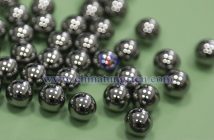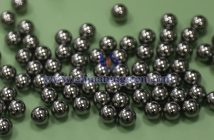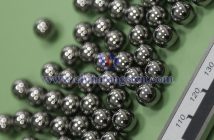The primary advantages of tungsten carbide balls lie in their excellent mechanical properties and chemical stability, enabling reliable performance in high-temperature, high-pressure, and corrosive environments. They provide critical support for the automotive industry’s goals of reliability and energy efficiency.
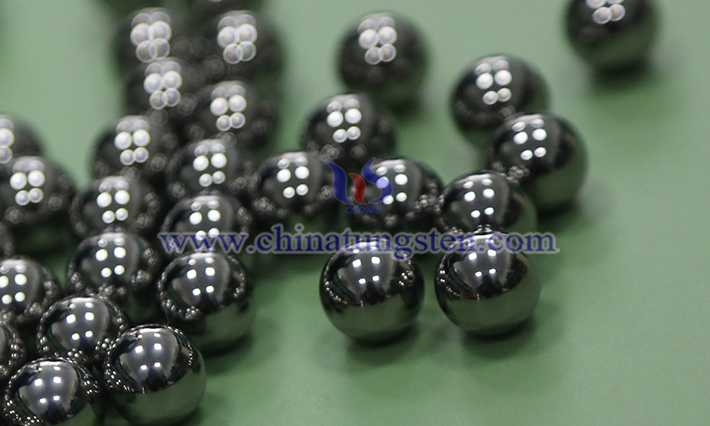
Main applications of tungsten carbide balls in automotive component manufacturing:
1. Automotive Bearings and Transmission Systems
Tungsten carbide balls are widely used in automotive bearings, such as wheel hub bearings, transmission bearings, and differential bearings. Their high hardness and low friction coefficient effectively reduce wear, improving rotational accuracy and bearing lifespan. For example, in high-speed wheel hub bearings, tungsten carbide balls can withstand high loads and extreme conditions, ensuring vehicle stability and safety. Additionally, in automatic transmissions, they are used in needle bearings and planetary gear systems, optimizing power transmission efficiency and extending component lifespan.
2. Fuel Injection Systems
In automotive fuel injection systems, tungsten carbide balls are used as valve balls in fuel injectors. Their high precision and corrosion resistance ensure precise fuel injection under high-pressure and high-temperature conditions, improving fuel efficiency and reducing emissions. The high surface finish of tungsten carbide balls minimizes fuel leakage, enhancing the sealing performance of the injection system and meeting modern engine demands for efficient combustion and environmental compliance.
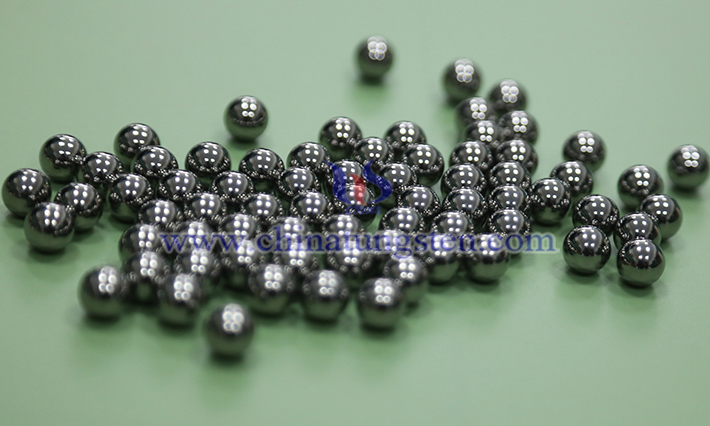
3. Braking and Suspension Systems
Tungsten carbide balls play a critical role in hydraulic valves within braking systems and in shock absorbers within suspension systems. In braking systems, they are used in control valves to ensure rapid response and reliability of the hydraulic system. In suspension systems, they are employed in shock absorber piston valves, withstanding high-frequency vibrations and impacts to maintain vehicle ride smoothness and comfort.
4. Other Precision Components
Tungsten carbide balls are also used in other precision automotive components, such as ball joints in steering systems and universal joints. Their high strength and wear resistance reduce friction between components, improving steering precision and durability. Additionally, in turbochargers, tungsten carbide balls are used in floating bearings, adapting to high-temperature and high-speed environments to enhance turbocharger performance and reliability.

